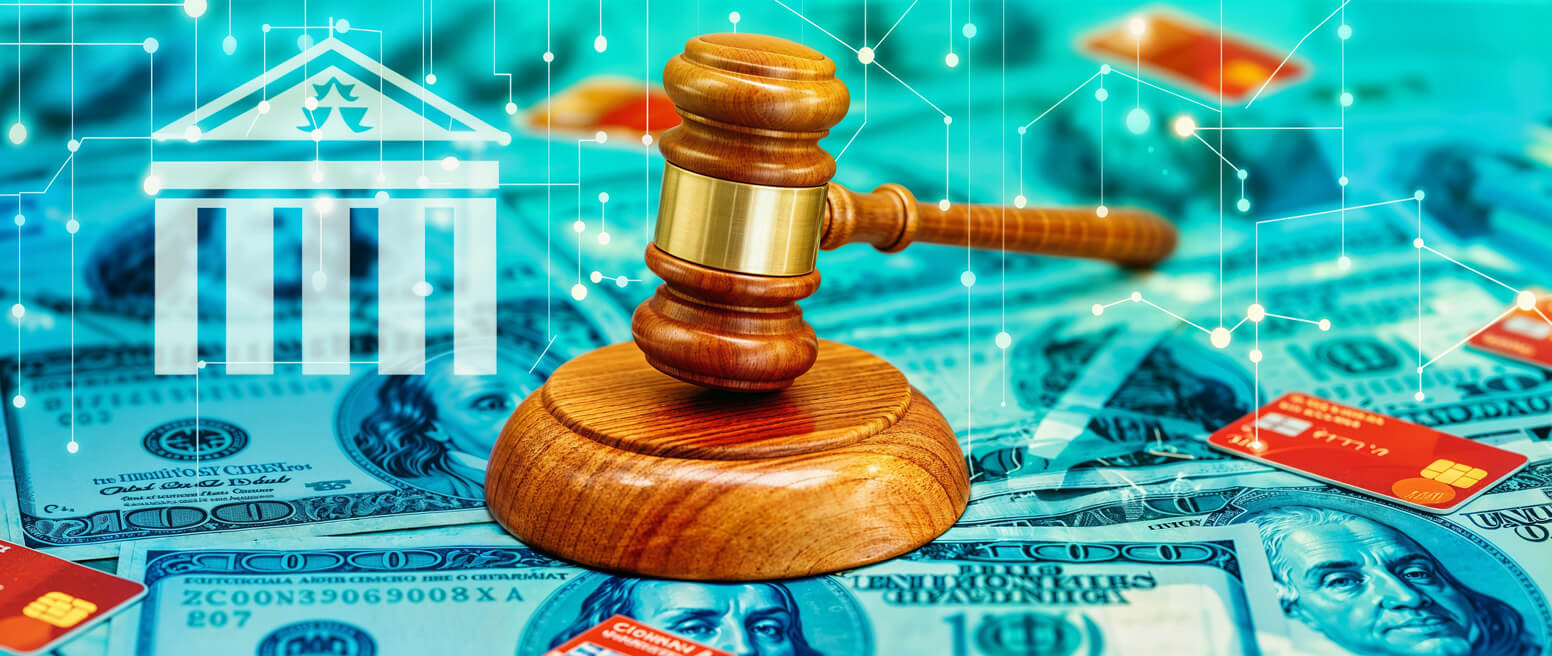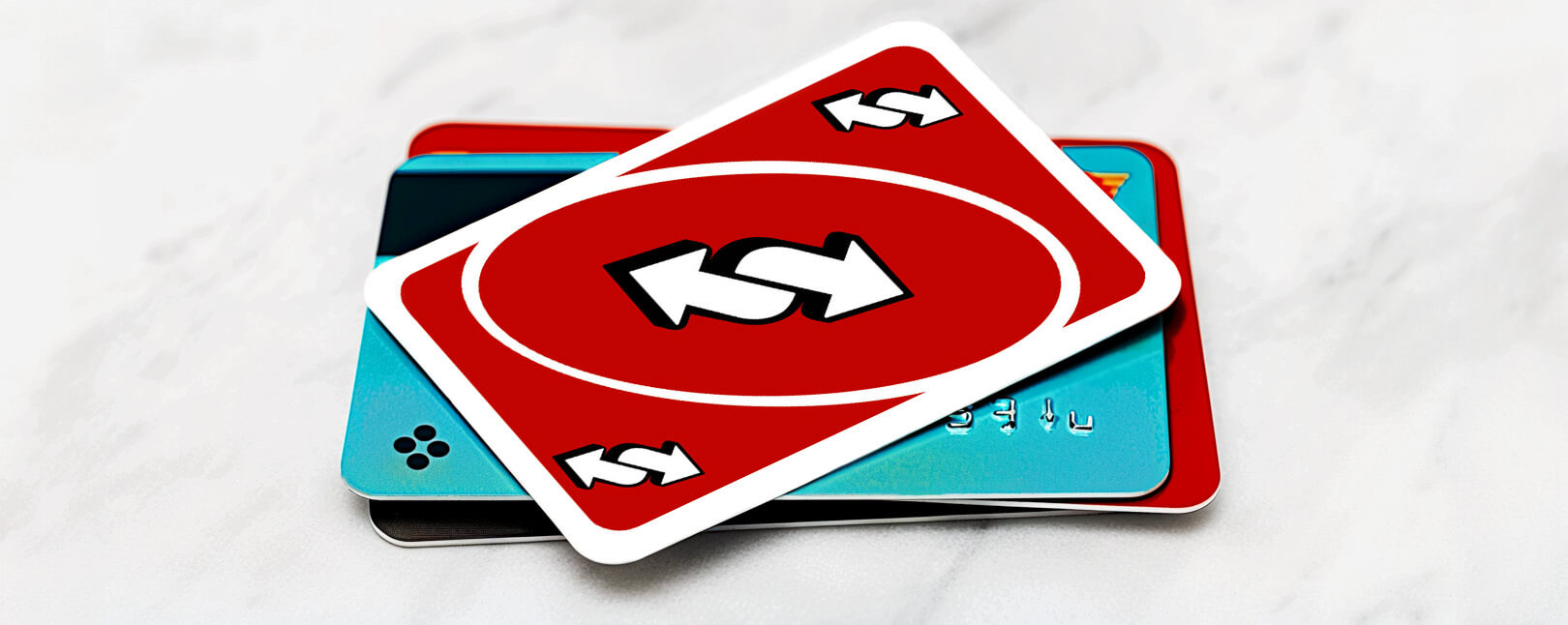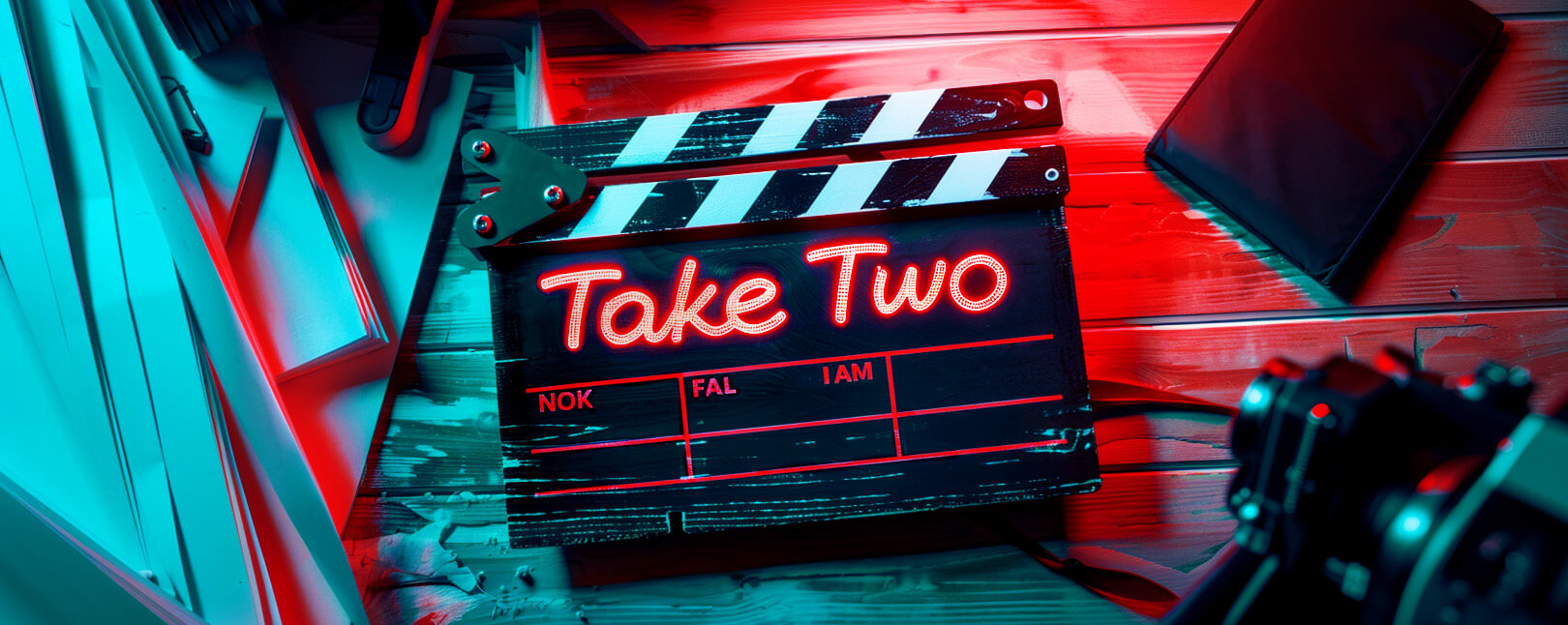The Chargeback Arbitration Process: How to Survive the Final Stage of a Dispute
Navigating the chargeback process can be an overwhelming experience.
There’s a lot of paperwork to submit. There are confusing and overlapping rulesets to abide by. And, there are multiple stages that a transaction could end up reaching. One of these later stages is the arbitration chargeback.
Arbitration chargebacks occur when an initial dispute between a cardholder and a merchant has not been resolved through previous chargeback phases and must be decided by the card network. If a disputes escalate to this stage, the stakes become even higher than with a regular chargeback.
Today, we’ll hopefully demystify arbitration chargebacks a little bit. We’re aiming to give you some essential knowledge — and some actionable strategies — to survive and succeed in this critical phase of a dispute.
Recommended reading
- The Pre-Arbitration Chargeback Process: Explained
- Chargeback Rebuttal Letters: Templates & Tips for Responses
- Chargeback Reversal: 8 Simple Steps to Get Your Money Back
- Second Presentment: The Key to Chargeback Recovery
- 4 Easy Steps to Win Your Next Chargeback Response
- Chargeback Forms & Templates for Better Dispute Responses
What is an Arbitration Chargeback?
- Arbitration Chargeback
An arbitration chargeback is Mastercard’s term for a bank response to a chargeback. This is filed after a merchant already won their representment and was granted a return from the original transaction. In this case, the cardholder submits further evidence to convince Mastercard to intercede and resolve the chargeback.
[noun]/är • bə • trā • shən • charj • bak/
An arbitration chargeback directly precedes the final stage of a Mastercard dispute. It means that, after the merchant submitted a chargeback response, the bank or the cardholder (either one) produced additional evidence to challenge that initial response.
The merchant has two options at this point. First, the can accept the chargeback. They lose the funds, but the case ends here; no further action is needed.
On the other hand, the merchant can choose to proceed to arbitration. This means the parties involved—the bank, cardholder, or the merchant—cannot resolve a dispute on their own. So, a representative from Mastercard is asked to intervene and make a judgment.
Unlike Mastercard, Visa does not use the term “arbitration chargeback” to refer to the chargeback response message. Instead, Visa uses the term "pre-arbitration" for this type of response.
Why Do Arbitration Chargebacks Happen?
For the most part, issuers will only approve arbitration chargebacks if the cardholder can provide some evidence to back up their claim and prove that the original chargeback was valid.
If the cardholder can produce some additional evidence, after a chargeback representment, then the issuer will examine it. They might identify some discrepancy, or some information that was omitted from the merchant's original submission. For example, maybe the merchant overlooked key details, or provided inaccurate information.
If that happens, then the bank will file an arbitration chargeback.
You have two choices once a chargeback progresses to the arbitration chargeback phase. First, you can accept the chargeback as it stands. Or, you can reject it and move forward to the arbitration process.
All rulings concerning the original chargeback at this level are definitive, as arbitration serves as the ultimate resolution point in the chargeback process. The sole exception is if you can submit new, compelling evidence. However, this evidence needs to be highly persuasive. Also, keep in mind that you can incur an additional fee for this.
Arbitration Chargebacks vs. Arbitration vs. “Second” Chargebacks
There can be some confusion about terminology here.
“Second chargeback” is not a term used by most issuing banks. Having said that, when someone mentions a second chargeback in the context of a Mastercard transaction, they're almost always talking about an arbitration chargeback.
In short: an arbitration chargeback is a process through which issuers or acquirers can contest an initial chargeback. Arbitration, on the other hand, is when an arbitration chargeback isn’t enough to resolve the issue to everyone’s satisfaction. So, a representative of the card network is asked to intervene and make a (final) judgment.
Mastercard Chargeback Arbitration Process
An arbitration chargeback will always be a post-representment step. Before any chargeback case can proceed to this point, the parties need to go through all the other phases in the dispute process.
The Mastercard chargeback process can be divided into five main stages leading up to arbitration. The arbitration chargeback is the fourth step; referred to in the graphic below as the “Pre-Arbitration Case Filing.”
Mastercard’s chargeback process is constantly evolving. You never really know when a second presentment will turn into an arbitration case filing. Your best bet is to carefully review Mastercard’s policies and regularly check for updated regulations, so you're always aware of the latest requirements.
Mastercard Arbitration Time Limits
Specific time limits are associated with every aspect of the chargeback process. For example, most cardholders can only file a chargeback within 120 calendar days of the initial transaction. A few reason codes allow for shorter timeframes.
In the case of an arbitration chargeback, though, the issuer must file within 45 calendar days of the second presentment settlement date. This is somewhat misleading since your acquiring bank will probably have a more stringent timeline.
Each acquirer is different, but your response time is typically 50-65% of the card scheme's limit. They do this because they need time to review everything and get it to Mastercard before the deadline. So, if you have 30 days to respond to an arbitration case, you can count on having 10 days, at most, to get documentation and evidence to the acquirer.
The issuer, by the way, can respond to any new information you provide at any time. They have the right to do this until the case decision is finalized.
Is it Worth Fighting an Arbitration Chargeback?
Maybe. It depends.
The chargeback process works just like litigation in the legal system. The cardholder makes an allegation (the chargeback), then you provide evidence in response to counter that allegation (representment). If the evidence isn’t strong enough, the cardholder’s issuing bank might reject your case.
Once a chargeback reaches arbitration, it is no longer handled by the issuing bank or the acquiring bank. Instead, it’s managed by the card network (i.e. Mastercard). The decision Mastercard makes is binding for all parties involved in the dispute.
Arbitration is not cheap, though. The party that gets held responsible could be hit with a fine of up to $500 per case.
A lot of merchants choose not to go into arbitration because of the added fees, time, and potential penalties if you lose your arbitration case. To them, it’s better just to take the chargeback than risk losing even more. But, if you have strong evidence to support your case, and the value of the transaction is high enough, it could be worth the risk.
Preventing Arbitration Chargebacks
An arbitration case filing prolongs the chargeback process, adding additional costs and responsibilities for the merchant. It should only be considered a last resort, something to be avoided whenever possible.
So, what’s the best way to avoid chargeback arbitration? That’s simple: it’s to avoid chargebacks altogether.
The professionals at Chargebacks911® are the industry experts at chargeback representment. We can also help with risk mitigation and prevention strategies, providing the answers to all your arbitration chargeback questions. Contact us today for more information about our turnkey solutions.
FAQs
How much does chargeback arbitration cost?
The cost of chargeback arbitration can vary significantly, but it typically starts at around $500 and can go up to several thousand dollars, depending on the card network and the specifics of the case. These fees are non-refundable, adding to the overall financial burden on the merchant.
What is the difference between pre-arbitration and chargeback?
Pre-arbitration is a stage in the chargeback process where the issuer and acquirer attempt to resolve the dispute without escalating it to formal arbitration. A chargeback, on the other hand, is the initial reversal of a transaction that a cardholder disputes, moving funds from the merchant's account back to the cardholder while the dispute is investigated.
Is a chargeback serious?
Yes, a chargeback is a serious matter for merchants as it not only results in financial losses but also incurs additional fees and can harm the merchant's reputation with payment processors. Frequent chargebacks can lead to higher processing fees and even the termination of the merchant's account.
What happens when a dispute goes to arbitration?
When a dispute goes to arbitration, the case is reviewed by the card network, which makes a final and binding decision on the outcome. Both the merchant and the cardholder must comply with the network's ruling, and the losing party usually bears the cost of the arbitration fees.














